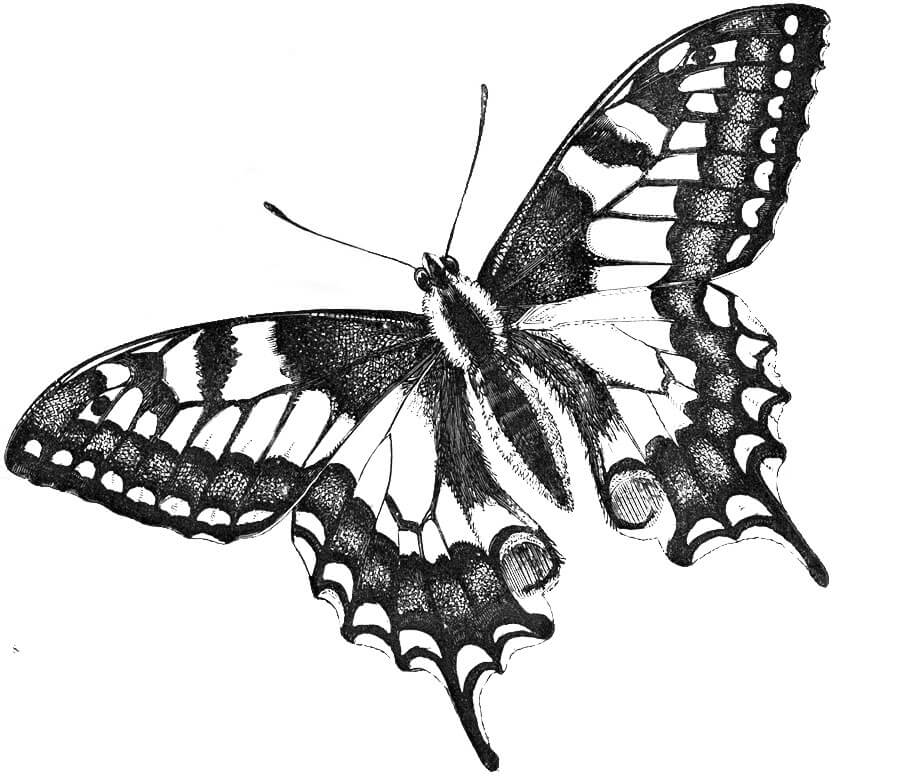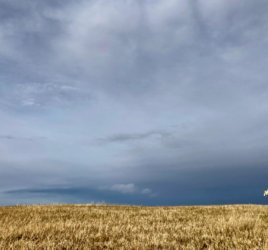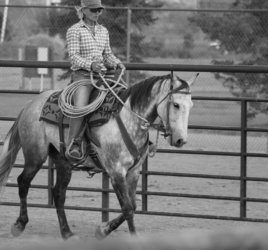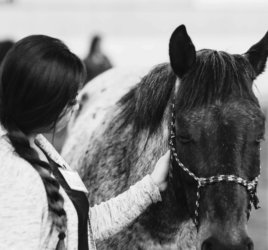Float Like a Butterfly

 float like a butterfly
float like a butterfly
sting like a bee
If those two lines don’t bring up a great visual, Muhammad Ali will likely come to mind.
Carol Dweck’s book Mindset, The New Psychology of Success, and her TEDTalk introduced me to the two less familiar lines of the poem.
your hands can’t hit
what your eyes can’t see
Ali was on to something, he excelled in his ability to see and respond in split-second timing, but he was not the typical candidate for a great fighter. Ali was too small, his arms were too short, his bad boxing form was wrong, and yet he was able to knock out many an opponent. Ali was an outlier in the ring, he was able to outthink his opponent.
In Mindset, Dweck explores how what we believe can pre-determine the outcome. “The view you adopt for yourself profoundly affects the way you lead your life.” It’s not either/or – the nature, nurture, genes, or environment debate, but rather how what we believe, influences the choices we make. Ali believed he was a great fighter.
Seeing and responding in the moment is a skill that requires awareness and practice.
That is what working with horses has taught me. As soon as I begin to assume an outcome with a horse, they will surely outfox me. Each colt I start is similar, and oh so different, it is up to me to find where I need to assist and where I have to get out of the way. Easier said than done, as like a boxer, sometimes it is split-second timing that determines whether you stay in the saddle or hit the dirt.
In working with a horse we need to be as effective as a fly without being as annoying as one. It never ceases to amaze me how often people begin their participation in The Natural Leader programs with the statement, “I won’t be able to get the horse to do anything”. According to Dweck, this is a fixed mindset, and quite often they do prove themselves to be correct. They either don’t try or work too hard to make the horse comply. With a little coaching some can turn the liability of a fixed mindset, into one of growth.
What I love about “being effective as a fly” is that it suggests that it isn’t about strength, or trying harder, but it truly is about exploring what it will take to connect with the horse in a way that the horse understands your intention. It is about taking the time it will take.
Fortunately, workplace conversations don’t often require split-second decisions that boxing or horses might. Starting a conversation from a growth mindset is what coaching is all about. Listening and observing to what is happening and being said allows us to ask questions that truly can determine the outcome of the conversation.
Our ability to see is only limited by how we decide to look. The image of one participant comes to mind, he was having so much fun with the tasks we had given him, he backed Seth over the bridge.
The task was to get the horses to go forward over it. With no previous horse experience, this gentleman had approached the problem as something that could be explored. He had Seth step up a full 10” backwards on a 3 foot wide bridge. For those of you who know horses that is no small feat!
Employing the growth mindset and embracing the idea of being effective as a fly Seth and his partner floated around the arena, asking Seth to do what I hadn’t even imagined. I have lost touch with that individual, but he continues to impact others as I share his story in an effort to inspire others to find a growth mindset.



